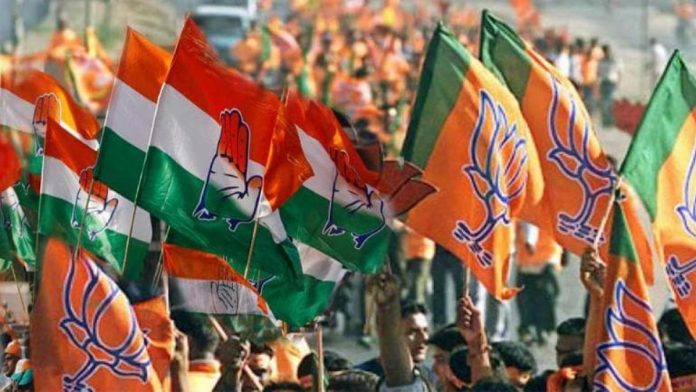– Mohd Naushad Khan
The recent electoral defeat of the Bharatiya Janata Party (BJP) in Uttar Pradesh has reverberated throughout the political landscape, prompting a renewed call for governance that embraces inclusivity over divisive politics. The outcome of the 2024 polls not only signifies a rejection of hate-driven agendas but also underscores the electorate’s yearning for governance rooted in principles of good governance, constitutional integrity, secularism, and religious pluralism.
Prominent leaders within the BJP, including Prime Minister Narendra Modi and Uttar Pradesh Chief Minister Yogi Adityanath, employed polarizing tactics in their campaign strategies. However, the results paint a stark picture of the limitations of such approaches, as they failed to resonate with a significant portion of the electorate.
Despite placing considerable emphasis on issues like the construction of the Ram Temple in Ayodhya, the BJP faced unexpected setbacks, particularly in Ayodhya itself. The party’s rallying cry of “Ab ki baar 400 paar” fell short of expectations, highlighting a growing resistance to rhetoric that seeks to sow division along religious or communal lines.
Political analysts attribute the BJP’s defeat to a combination of factors, including overconfidence, anti-incumbency sentiments, and effective mobilization by Opposition parties. The success of localized campaigns, strategic booth management, and candidate selection attuned to local caste dynamics underscored the BJP’s failure to address the genuine concerns of the electorate.
Moreover, the electoral verdict serves as a potent rebuke to attempts at religious polarization and efforts to undermine the foundational principles of India’s democracy. It sends a clear message that the electorate demands governance that is inclusive, respectful of diversity, and committed to upholding constitutional values.
In the wake of this electoral setback, the BJP faces the challenge of navigating a shifting political landscape marked by the emergence of formidable Opposition alliances. Moving forward, the party must recalibrate its approach, emphasizing collaboration and consensus-building in the context of coalition politics.
Ultimately, the Uttar Pradesh verdict serves as a poignant reminder to political actors across the spectrum that the electorate prioritizes issues of governance and development over divisive agendas. It underscores the enduring importance of upholding democratic principles and working towards a more inclusive and harmonious society.




